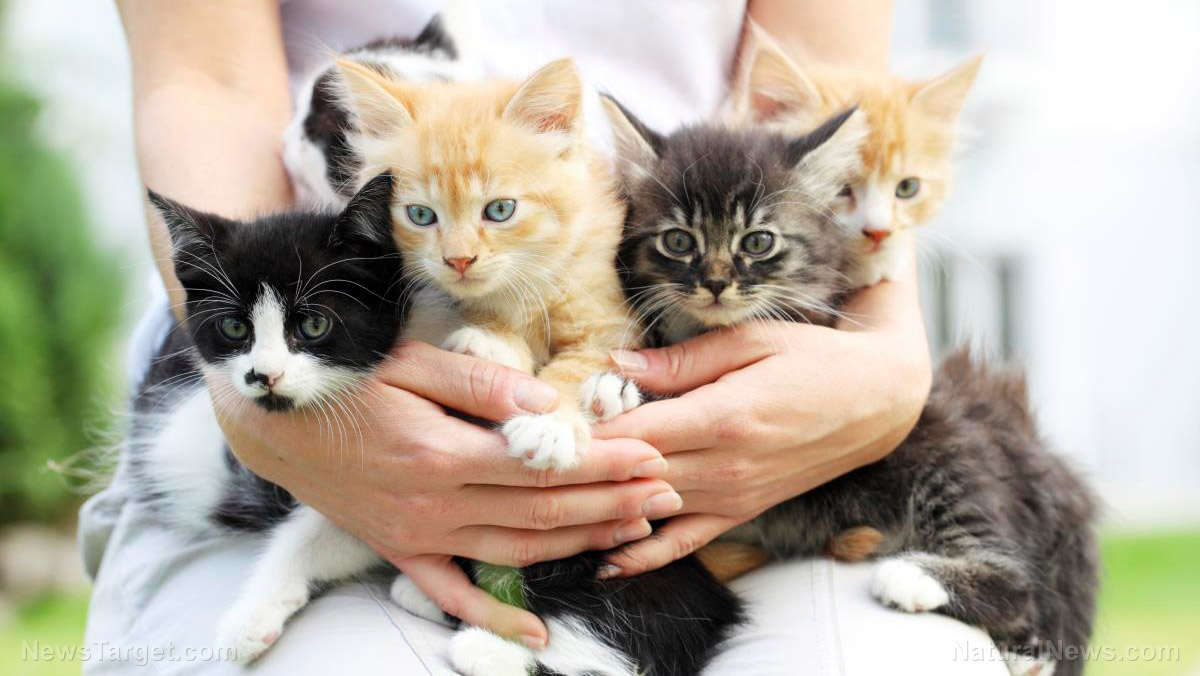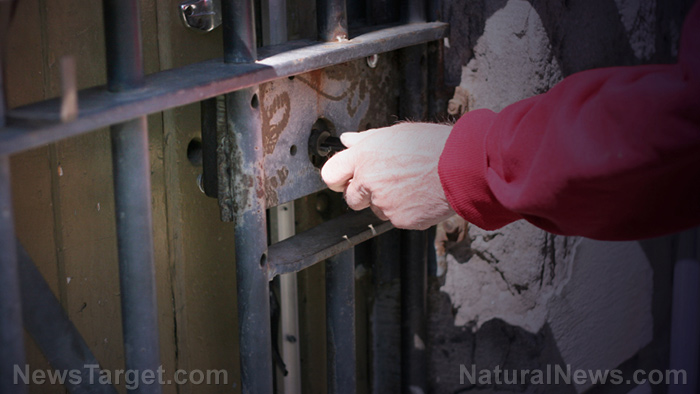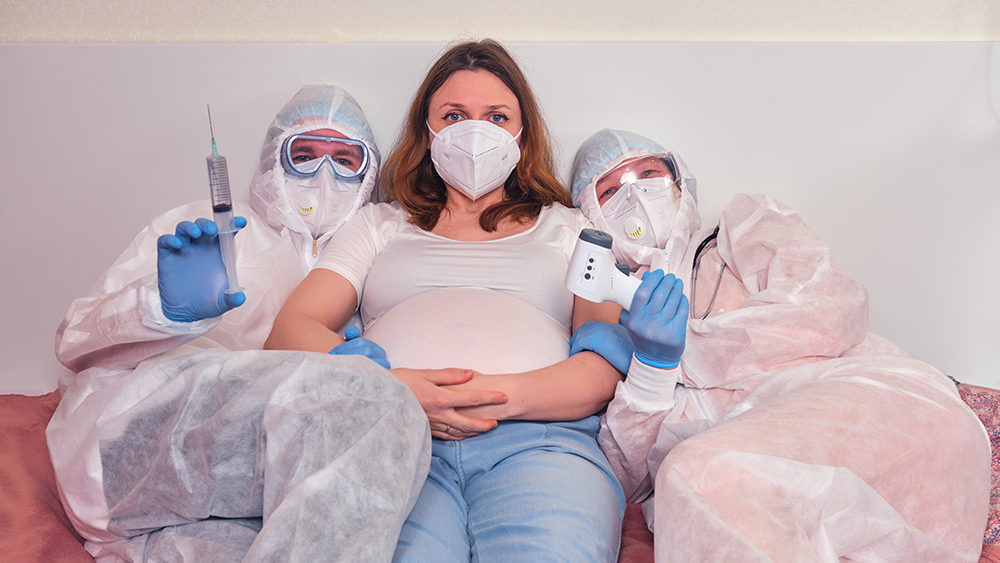Downing Street planned to kill 11M cats during early days of COVID pandemic
03/10/2023 / By Kevin Hughes

A former official in the British government has revealed that Downing Street considered asking the public to help exterminate Britain’s 11 million feline population, for fears that the animals could spread the Wuhan coronavirus (COVID-19).
James Bethell, a former deputy minister at the British Department for Health and Social Care, made the revelation in a March 1 interview on “Channel 4 News.” The member of the House of Lords – the British counterpart to the U.S. Senate – used this example to emphasize widespread ignorance about how COVID-19 spread during the early days of the pandemic, when little was known about SARS-CoV-2.
“There was a moment [when] we were very unclear about whether domestic pets could transmit the disease. In fact, there was an idea at one moment that we might have to ask the public to exterminate all the cats in Britain,” he said.
“Can you imagine what would have happened if we had wanted to do that? And yet, for a moment there was a bit of evidence around that so that had to be investigated and closed down.”
According to the 2022 Animal Wellbeing report from the British charity People’s Dispensary for Sick Animals, Britain has 11.1 million cats with 24 percent of adults owning one. Another charity, Cats Protection, pointed out that “there is limited evidence to suggest that COVID-19 transmission from people to cats may be possible.”
The U.S. Centers for Disease Control and Prevention also attested to this, pointing out that animals “do not seem to play a critical role in spreading COVID-19 to humans.” However, the public health agency cited cases of COVID-positive animals, most of them becoming “infected after contact with people with COVID-19.”
HK exterminates 2,000 COVID-positive hamsters
The idea of culling animals to stop the spread of COVID-19 had been put forward in some countries. But the former British colony of Hong Kong pushed this further and proceeded with slaughtering pets to curb the pathogen. The move was part of the Chinese government’s zero-COVID policy, which applied to the special administrative region after London returned it to Beijing in 1997.
In January 2022, Hong Kong authorities culled some 2,000 hamsters after COVID-19 tests on many animals showed positive results. The culling arose from 11 hamsters in one pet shop testing positive for COVID, according to Quartz. The 11 hamsters were imported from the Netherlands in December 2021, so the government also banned further hamster imports. (Related: Authorities in Chinese city round up and KILL pets of COVID patients.)
The City University of Hong Kong‘s Center for Animal Health and Welfare said in a statement that hamsters posed “negligible” risk for COVID-19. It also urged pet owners “not to panic, not to abandon their pets and to use normal hygienic measures when handling pets.”
The Hong Kong government nevertheless proceeded with the mass culling, including all hamsters that entered the special administrative region after Dec. 22, 2021. It also warned that anybody trying to prevent the mass culling of hamsters would be reported to law enforcement.
Follow Pandemic.news for more news about the COVID-19 pandemic.
Listen to Ben Armstrong of the New American magazine talk about how a Pfizer subsidiary injected 100 million animals with mRNA technology below.
This video is from the The New American channel on Brighteon.com.
More related stories:
ANIMAL CRUELTY: China slaughters pets as part of its zero-COVID measures.
Medical deep state now wants to vaccinate your pets for coronavirus.
Sources include:
Submit a correction >>
Tagged Under:
absurd, cats, China, covid-19, extermination, hamsters, Hong Kong, infections, insanity, James Bethell, mass culling, outbreak, pandemic, United Kingdom, Wuhan coronavirus, zero covid
This article may contain statements that reflect the opinion of the author
RECENT NEWS & ARTICLES
MedicalMartialLaw.com is a fact-based public education website published by MedicalMartialLaw.com Features, LLC.
All content copyright © 2021 by MedicalMartialLaw.com Features, LLC.
Contact Us with Tips or Corrections
All trademarks, registered trademarks and servicemarks mentioned on this site are the property of their respective owners.




















